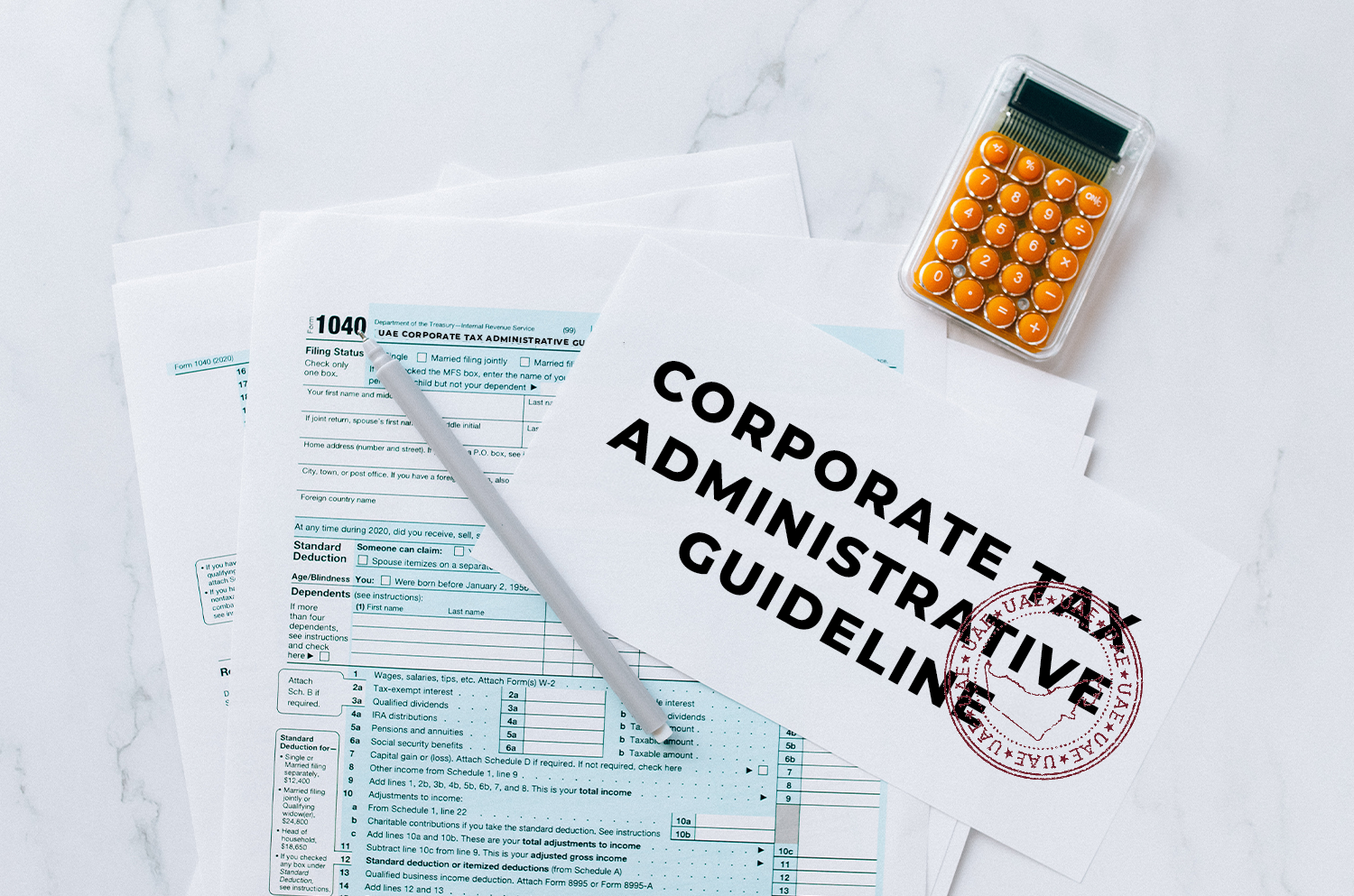Enduring Corporate Tax Administrative Guidelines in the UAE
Every Taxable Person will be required to electronically register for Corporate Tax with the Authority within a prescribed timeline and obtain a Tax Registration Number. The registration would need to be undertaken even if the Taxable Person has already been registered for VAT purposes. In order to keep the administrative burden on taxpayers to a minimum, the Corporate Tax Law requires a Taxable Person to file only one tax return for each Tax Period. The Corporate Tax return will generally be due within 9 months following the end of the Tax Period.
So, what else must you keep in mind as a tax payer?
Financial Statements
Taxpayers are expected to prepare and maintain financial statements for the purposes of calculating their taxable income, and should maintain all documents and records that support the information in the Corporate Tax Return or in any other filing made with the Authority. Exempt persons are required to maintain all records to support their exempt status.
Record-keeping Requirements
A Taxable Person must maintain all relevant records and documents for a period of seven years following the end of the Tax Period to which they relate. The Federal Tax Authority (FTA) may request for the financial statements to be submitted alongside the Corporate Tax Return, or for the financial statements to be provided upon request.
Currency Conversion to AED
According to Article 43 - Currency to be used for determination of Corporate Tax - a taxpayer’s income, deductions and credits must be measured in the national currency of the UAE (AED), and income derived and expenses incurred in a foreign currency need to be translated into AED. In principle, taxpayers are expected to translate amounts denominated in a foreign currency on a transaction-by-transaction basis.
A Taxable Person may be subject to a UAE CT assessment in accordance with the Tax Procedures Law. In case a non-compliance to the CT Law will be identified during the assessment, penalties and fines determined per Tax Procedures Law could be imposed. It is important to maintain proper records of your accounts in order to keep compliant with the law.
Need Assistance with your Corporate Tax return? Explore our Corporate Tax Services or Contact Us if you are not sure or want to find out more.
















